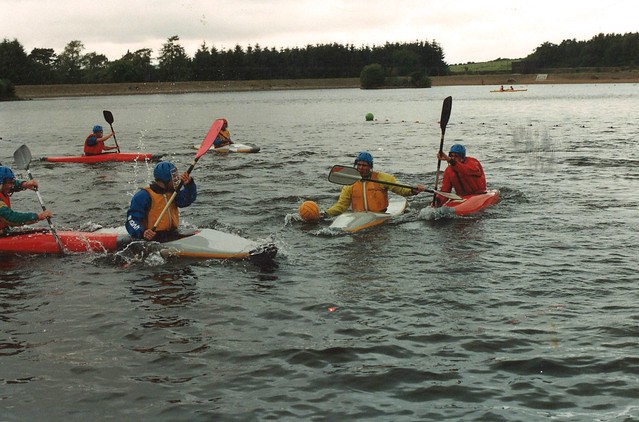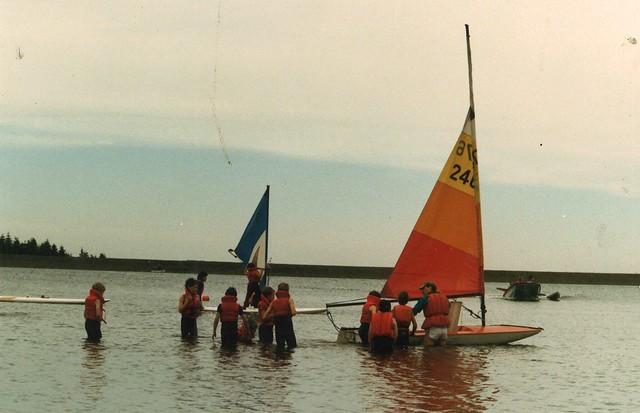Team:Dundee/HumanPractice/CaseStudy
From 2013.igem.org
Clatto Country Park – Case Study
ToxiMop tackles a local problem.
Many of the water bodies located in and around Dundee have been affected by outbreaks of Blue-Green Algae. This was a motivation which drove the team to choose this project and to attempt to find a solution which would have a local impact with worldwide applications.Blue-Green Algae has affected Clatto Country Park.
This is one of many locations in Dundee where Blue-Green Algae has had a dramatic effect. In the past, the park has had peaks of 95,000 visitors per year with recreational activities (including watersports), children’s play areas and picnic sites providing entertainment for all ages. All of these attractions were focussed around the park’s freshwater reservoir and the surrounding woods.ToxiMop is a prototype device to help restore water bodies.
Moving forward in time, with Blue-Green Algae problems faced by Clatto each year, recreational swimming is no longer permitted. This has led to a closure of the watersport programmes and the display of signage to warn the public of the danger associated with entering the water. These actions have had such a dramatic effect upon the use of Clatto that the number of visitors per year has reduced to less than 30,000. This reduction in visitors has led to the closure of the staffing facilities in the park and has social and economic implications for the immediate community. Clatto Country Park is now a shadow of its former glory.MOP campaign raised awareness that testing and regulations may be inappropriate.
In order to best understand the problems faced by Clatto Country Park, we have been working with Senior Countryside Ranger George Potts who has been involved in the operations of the park for over 40 years. Having discussed the issues surrounding park closures due to algal bloom outbreaks, the team felt that the current testing and safety procedures implemented at the park were in need of questioning. To investigate the suitability of these procedures, the team started the Mop Campaign with the intention of bringing together law legislators and scientists.Moptopus shows the feasibility of a daily monitoring system
Currently, sampling is carried out once a month. When a high number of cyanobacterial cells are detected, the park is said to have failed the sample test. Three clean tests are subsequently required to clear the reservoir for recreational use. Therefore, should high levels of cyanobacterial cells be detected during the summer, the reservoir is closed for a minimum of 3 months. Using synthetic biology, our ToxiMop project has the potential to allow the rapid re-opening of locations like Clatto Country Park. With time and effort, the park could be restored and once more become an invaluable part of the community. 



 "
"
